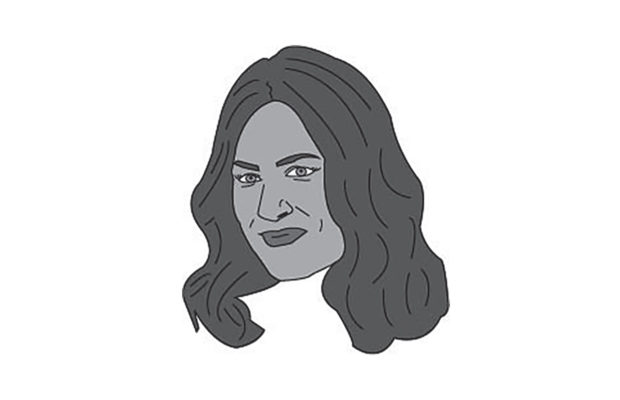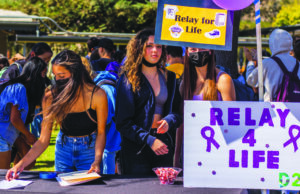We should decide what we are defined by

On the morning of Feb. 15, 2020, the world was hit with the impact of British celebrity Caroline Flack’s tragic suicide. The news headlines and social media posts that ensued encouraged being kinder, more conscious and respectful of the quiet suffering everyone faces. Yet, every headline or post always seemed to precede Flack’s name with “Ex-Love Island host” or “Harry Styles’ ex-.”
While it is not to say that the full story is not always pertinent, headlines like these draw attention from the intended message that these articles, tributes and posts, should be sending.
As humans, we are more than one thing. Our identities do not necessarily revolve around our biggest accomplishment, our dating history or our friends, yet too often we allow ourselves to be defined by the parameters of others. No matter who we are, what we come from or who we know, our legacies should be in our control.
Perhaps, Caroline Flack wanted to be remembered by her time pioneering the popular British dating show “Love Island,” and if so, all power to her, but the media’s limitless free agency to spin her life, career, and identity, evidences the influence we give them over the legacy we leave.
Each and every single one of us has the potential to be empowered, to be remembered and to leave an impact on our own terms. Our livelihood should not be determined by a public that doesn’t care until we leave, and a society that doesn’t reach out until it’s far too late.
One thing is certain: Caroline Flack will be missed. Her humor, presence, personality, and whatever other nuances that defined her, will be held in memoriam for ages to come. May she find her peace, whether it be as ex-Love Island presenter, Harry Styles’ ex-girlfriend or loving friend. May she rest, and do so on her own terms.



